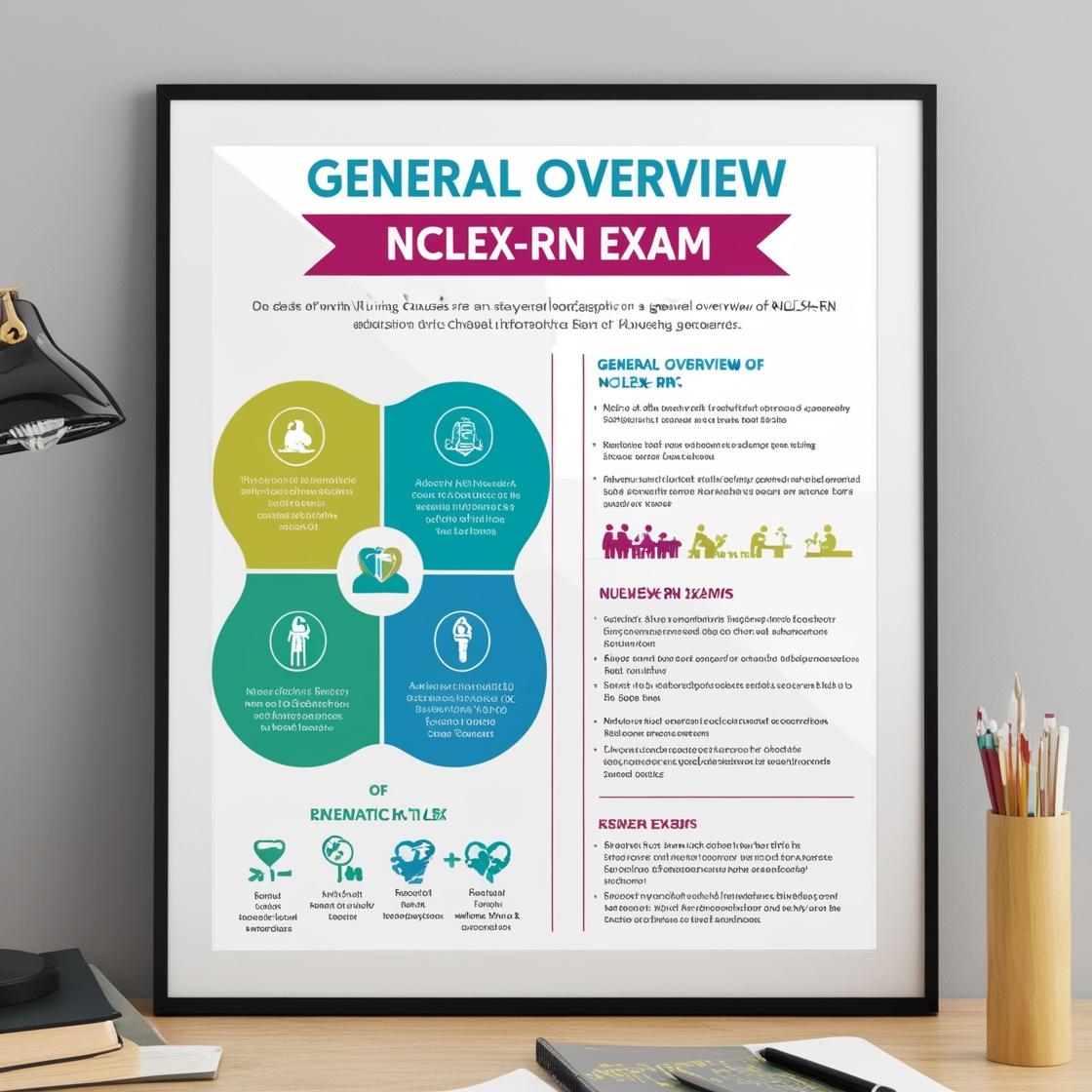NCLEX-RN
NCLEX RN Prioritization Questions
1. The nurse assesses a patient with chronic obstructive pulmonary disease (COPD) who has been admitted with increasing dyspnea over the last 3 days. Which finding is most important for the nurse to report to the healthcare provider?
- A. Respirations are 36 breaths/minute.
- B. Anterior-posterior chest ratio is 1:1.
- C. Lung expansion is decreased bilaterally.
- D. Hyperresonance to percussion is present.
Correct answer: A
Rationale: The correct answer is 'Respirations are 36 breaths/minute.' An increased respiratory rate is a crucial sign of respiratory distress in patients with COPD, necessitating immediate interventions like oxygen therapy or medications. The other options are common chronic changes seen in COPD patients. Option B, the 'Anterior-posterior chest ratio is 1:1,' is related to the barrel chest commonly seen in COPD due to hyperinflation. Option C, 'Lung expansion is decreased bilaterally,' is expected in COPD due to air trapping. Option D, 'Hyperresonance to percussion is present,' is typical in COPD patients with increased lung volume and air trapping.
2. A client is undergoing radiation therapy for treatment of thyroid cancer. Following the radiation, the client develops xerostomia. Which of the following best describes this condition?
- A. Cracks in the corners of the mouth
- B. Peeling skin from the tongue and gums
- C. Increased dental caries
- D. Dry mouth
Correct answer: D
Rationale: Xerostomia, also known as dry mouth, is a common side effect of radiation therapy in the head and neck region. It occurs when the salivary glands are damaged during treatment, reducing saliva production and causing a dry sensation in the mouth. The correct answer is 'Dry mouth' (option D). Choice A, 'Cracks in the corners of the mouth,' describes angular cheilitis, a condition linked to nutritional deficiencies or candida infection. Choice B, 'Peeling skin from the tongue and gums,' is more indicative of conditions like oral thrush or mucositis. Choice C, 'Increased dental caries,' is a consequence of reduced saliva flow but does not specifically describe xerostomia.
3. The nurse palpates the posterior chest while the patient says 99 and notes absent fremitus. What action should the nurse take next?
- A. Auscultate anterior and posterior breath sounds bilaterally
- B. Encourage the patient to turn, cough, and deep breathe
- C. Review the chest x-ray report for evidence of pneumonia
- D. Palpate the anterior chest and observe for barrel chest
Correct answer: A
Rationale: To assess for tactile fremitus, the nurse should use the palms of the hands to assess for vibration when the patient repeats a word or phrase such as '99'. After noting absent fremitus, the nurse should then auscultate the lungs to assess for the presence or absence of breath sounds. Absent fremitus may be noted with conditions like pneumothorax or atelectasis. The vibration is increased in conditions such as pneumonia, lung tumors, thick bronchial secretions, and pleural effusion. Encouraging the patient to turn, cough, and deep breathe is an appropriate intervention for atelectasis, but assessing breath sounds takes priority. Fremitus is decreased if the hand is farther from the lung or the lung is hyperinflated (barrel chest). Palpating the anterior chest for fremitus is less effective due to the presence of large muscles and breast tissue, making auscultation a more appropriate next step.
4. When assessing a patient who has just arrived after an automobile accident, the emergency department nurse notes tachycardia and absent breath sounds over the right lung. For which intervention will the nurse prepare the patient?
- A. Emergency pericardiocentesis
- B. Stabilization of the chest wall with tape
- C. Administration of an inhaled bronchodilator
- D. Insertion of a chest tube with a chest drainage system
Correct answer: D
Rationale: The patient's history and absent breath sounds suggest a right-sided pneumothorax or hemothorax, which will require treatment with a chest tube and drainage. Emergency pericardiocentesis is not indicated as the patient's symptoms are not suggestive of cardiac tamponade. Stabilization of the chest wall with tape would not address the underlying issue of a potential pneumothorax or hemothorax. Administration of an inhaled bronchodilator is not appropriate in this scenario as the patient is not exhibiting signs of asthma or bronchoconstriction. Therefore, the correct intervention for this patient is the insertion of a chest tube with a chest drainage system to address the potential pneumothorax or hemothorax.
5. The nurse is reviewing the characteristics of culture. Which statement is correct regarding the development of one's culture?
- A. Learned through language acquisition and socialization.
- B. Genetically determined on the basis of racial background.
- C. A nonspecific phenomenon and is adaptive but unnecessary.
- D. Biologically determined on the basis of physical characteristics.
Correct answer: A
Rationale: Culture is a complex phenomenon that includes attitudes, beliefs, self-definitions, norms, roles, and values learned from birth through the processes of language acquisition and socialization. It is not biologically or genetically determined, but rather acquired through social interactions. The correct answer, 'Learned through language acquisition and socialization,' aligns with the understanding that culture is a learned behavior. Choices B, C, and D are incorrect because culture is not genetically determined, nonspecific, or biologically based on physical characteristics. Understanding that culture is acquired through language and socialization is essential for healthcare providers to provide culturally competent care.
Similar Questions

Access More Features
NCLEX RN Basic
$69.99/ 30 days
- 5,000 Questions with answers
- Comprehensive NCLEX coverage
- 30 days access @ $69.99
NCLEX RN Premium
$149.99/ 90 days
- 5,000 Questions with answers
- Comprehensive NCLEX coverage
- 30 days access @ $149.99
